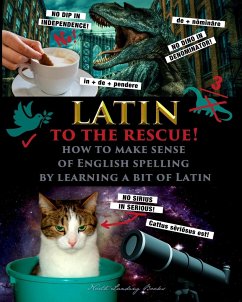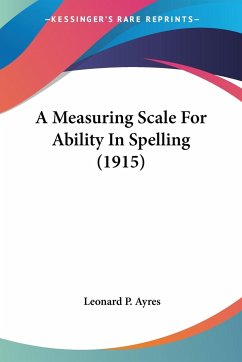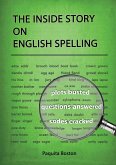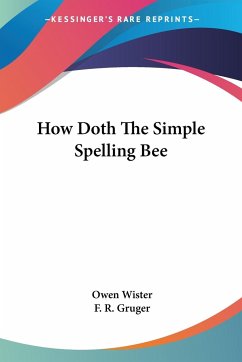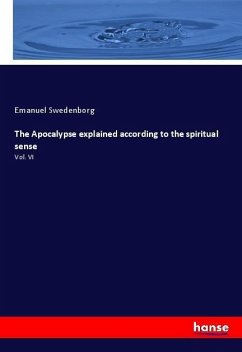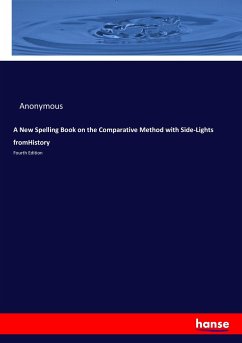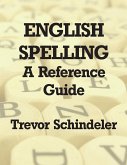This book is a middle schooler's secret weapon designed to grow our kids' spelling skills by engaging their curiosity about word origins and language history. I am a big fan of word study books. They have improved my son's spelling for sure, but as he plowed through the piles of Greek and Latin roots, prefixes and suffixes, I knew something was missing. The missing link was the 'why' - the curiosity factor.Why is there a silent S in 'island'? Why 'possess' possesses more S's than 'obsess'? Why 'derive' has one R, while 'arrive' has two? And are 'derive' and 'arrive', by any chance, related to 'river'? Why 'prefix' has one F, while 'suffix' has two? Is there any logic behind all those Ls in 'delusion,' 'illusion,' and 'collusion'? What is the 'scent' in 'crescent,' 'fluorescent,' and 'incandescent'? English is a layered language, its spelling reflecting the history of conquests (Roman, Saxon, Norman) and cultural changes (Christianization, Renaissance, etc.) However, up to 90% of multi-syllable words in English are of Latin origin. Even the most basic knowledge of Latin helps breathe meaning into boring spelling rules. In this book I introduce the absolute beginner basics of Latin grammar and morphology that explain many features of English spelling. I also offer bits of conversational Latin (just for fun and bragging rights!) and some thematic study of Latin words whose roots produced lots of derivatives in English (body parts, food, house, nature, and personal qualities). All grammar sections are illustrated with classical Latin expressions, sayings and proverbs that are good to know as part of our Western heritage. To get kids excited about the history of language, I conduct mini 'investigations' into the etymology of many (often commonly misspelled) words.Why 'skirt,' 'shirt,' and 'short' sound suspiciously similar? (You'll be shocked!) Are 'noise' and 'nausea' related? What's the connection between a map and a napkin? Do 'onion' and 'union' have anything in common? (Also: why the European Union should be renamed the European Garlic!) If 'trivial' comes from Latin 'three,' why does it mean 'boring'? What is that fifth essence in 'quintessential'? Another shocker: 'Prose' and 'verse' come from the same Latin word, as do 'simple' and 'complex'... Why in the world did the Fairy Godmother think that glass slippers were a good gift? (Spoiler alert: She didn't!) Then we have Latin High - a school where Latin roots, prefixes and suffixes do word studies, confront bullies and compete in the Consonant Gymnastics Junior League. These stories of intrigue, rivalries and ambition will certainly make some spelling rules more memorable! Just check out the Ex Files - the thrilling story of prefix Ex and the bully roots Radere Rasum (to scrape), Rumpere Ruptum (to break) and Radix (root) nicknamed Radish, and known for his radical views. Once you read this true account, you will never misspell 'erupt,' 'erase,' and 'eradicate' again! And if you read what happened at Latin High during the eruption of Vesuvius in AD 79, you will know why 'mission,' 'session,' 'professor,' and so many other English words have those double S's. The book also offers a few special features:A tour of the Latin Word Factories - the Latin roots and prefixes that gave English tons of derivatives The Black List: The 12 most misspelled English words of Latin origin The most hopeless homophones (again, Latin saves the day!) The Longest-Possible Word Generator with instructions and samples of output This book is easy to use for independent study, as a basis for ELA school projects, or as part of a structured curriculum. I hope that this book will educate and enterta
Hinweis: Dieser Artikel kann nur an eine deutsche Lieferadresse ausgeliefert werden.
Hinweis: Dieser Artikel kann nur an eine deutsche Lieferadresse ausgeliefert werden.

